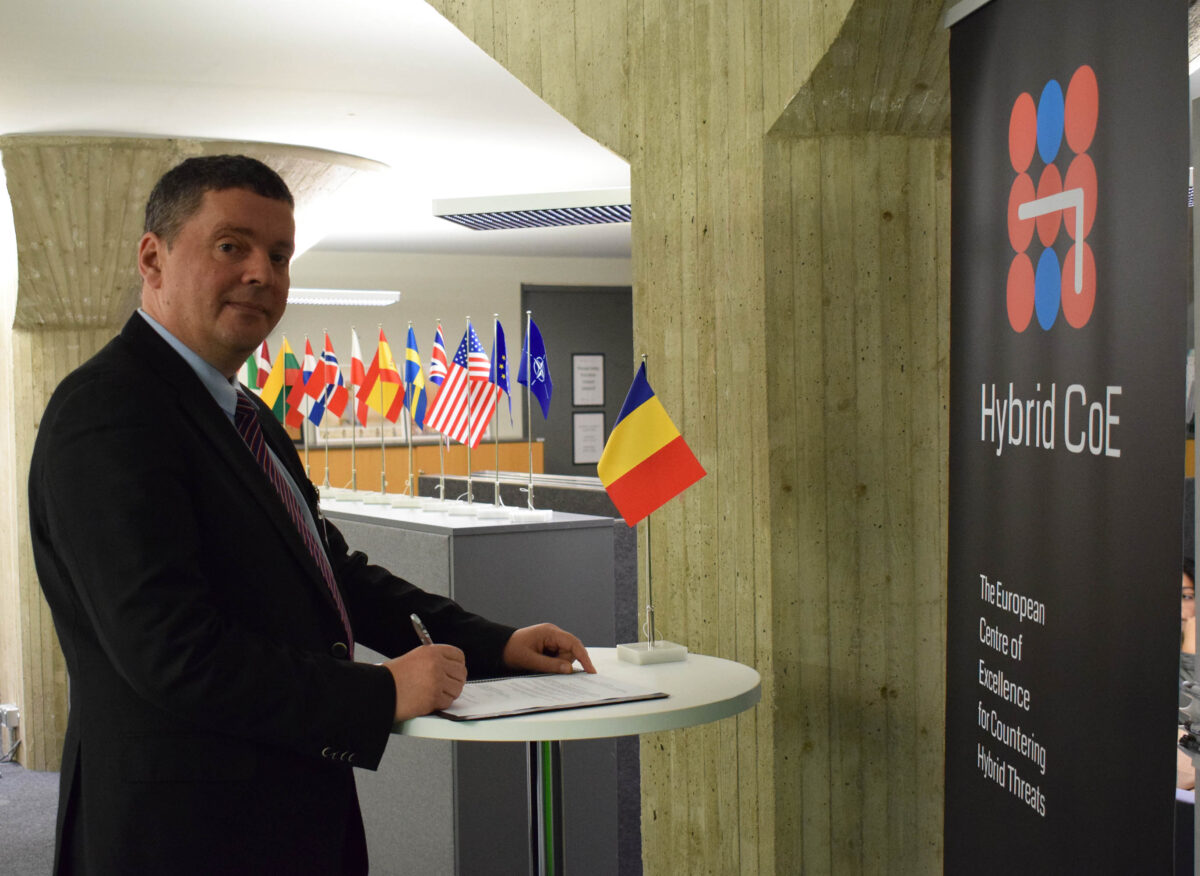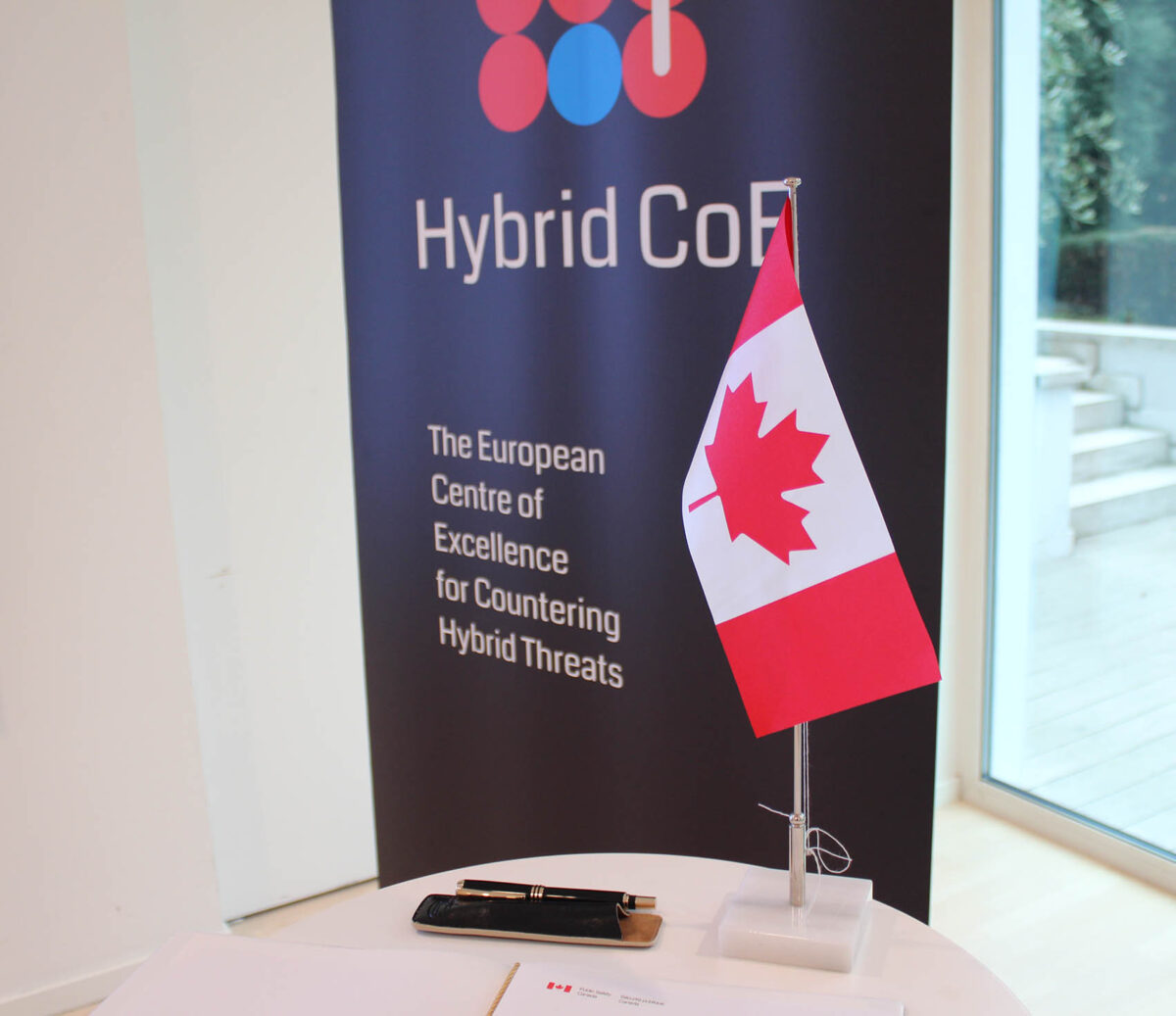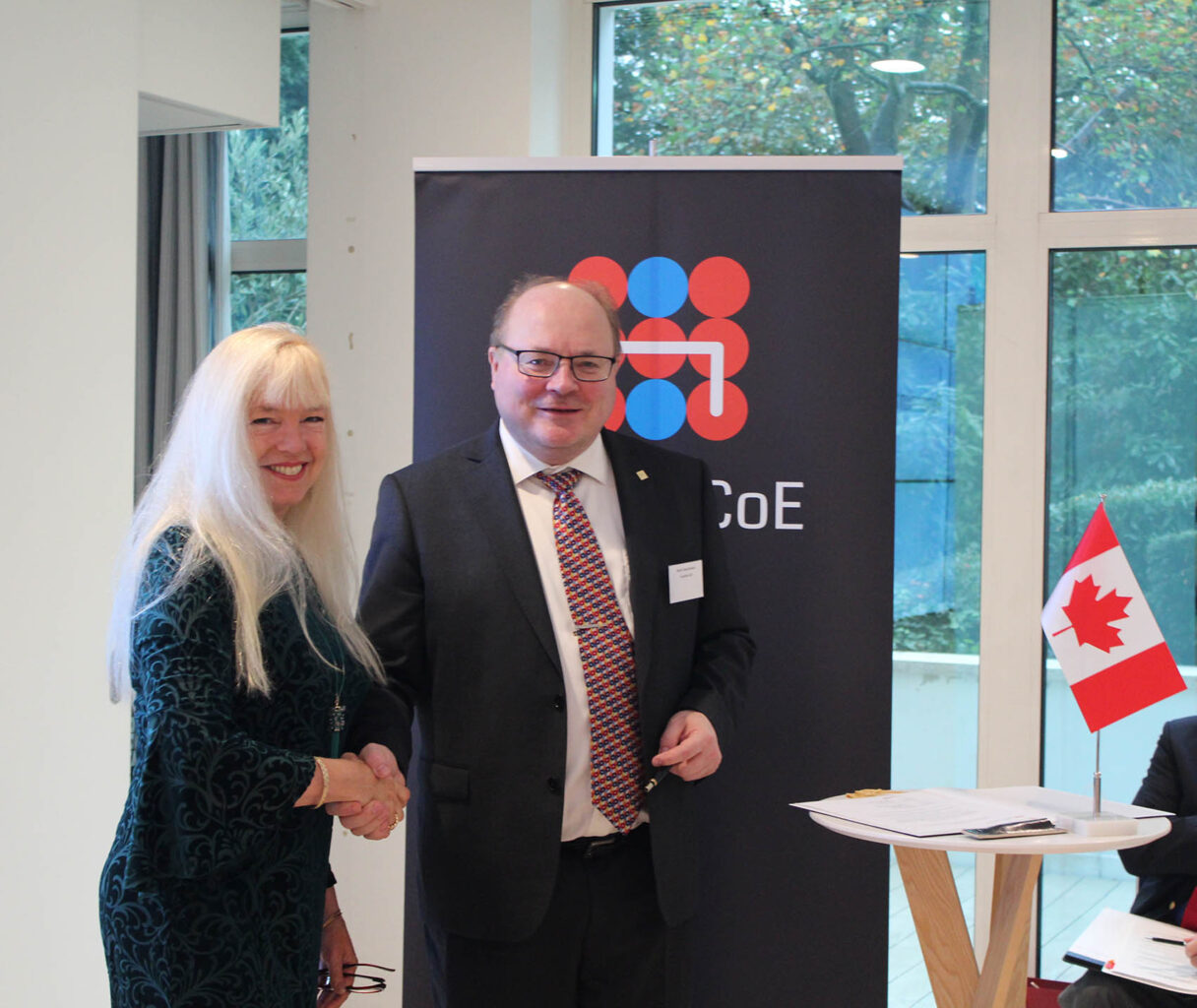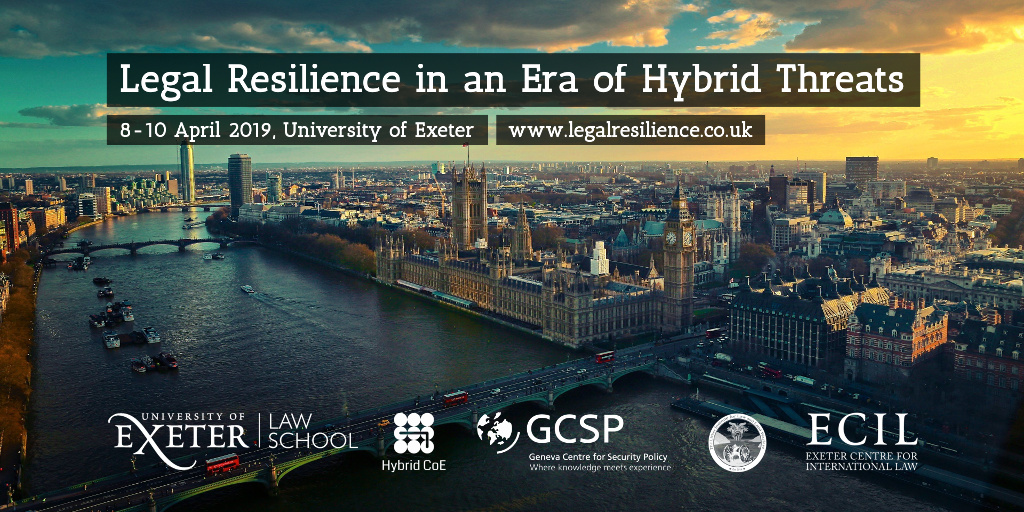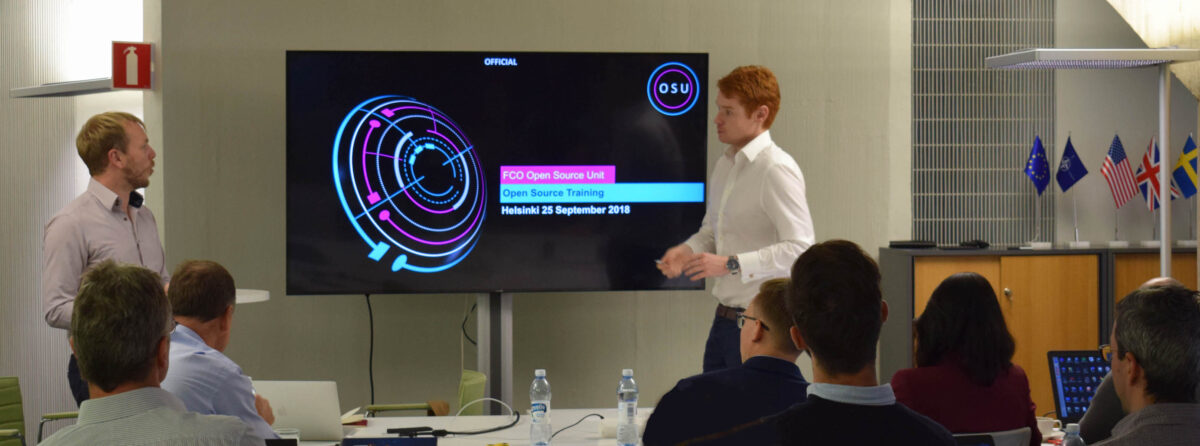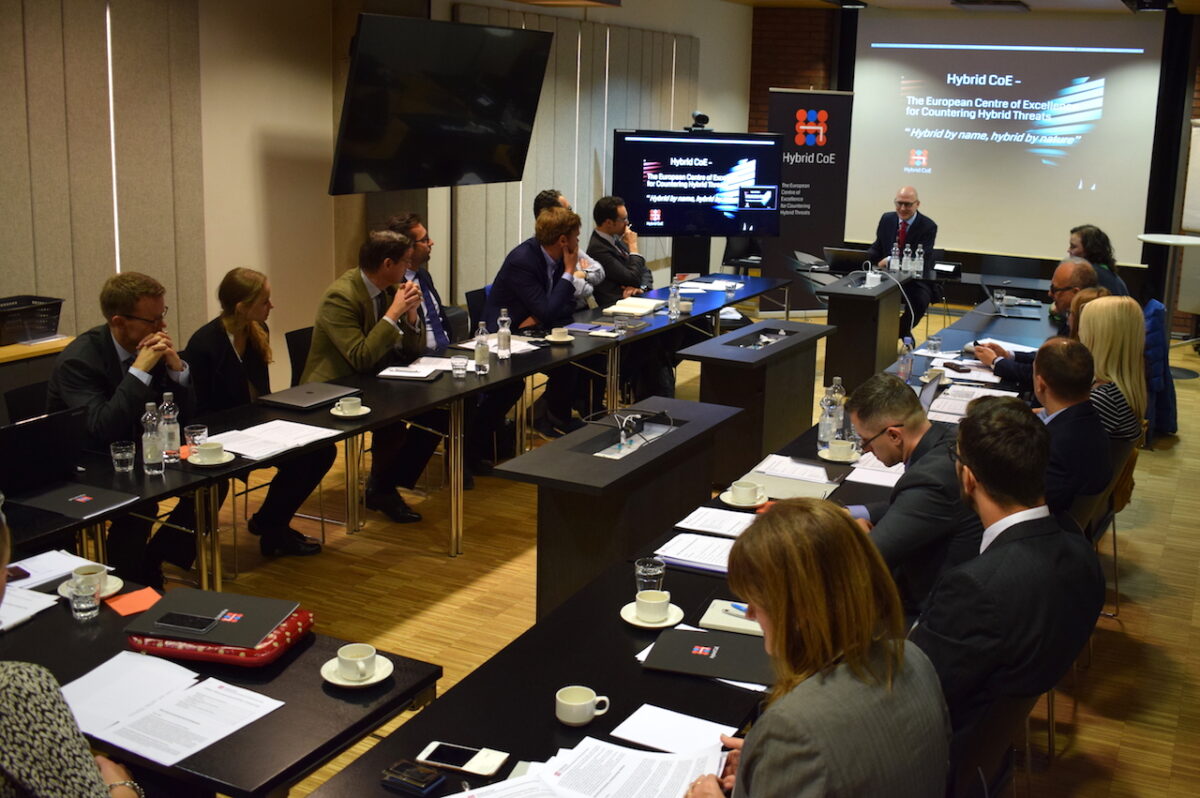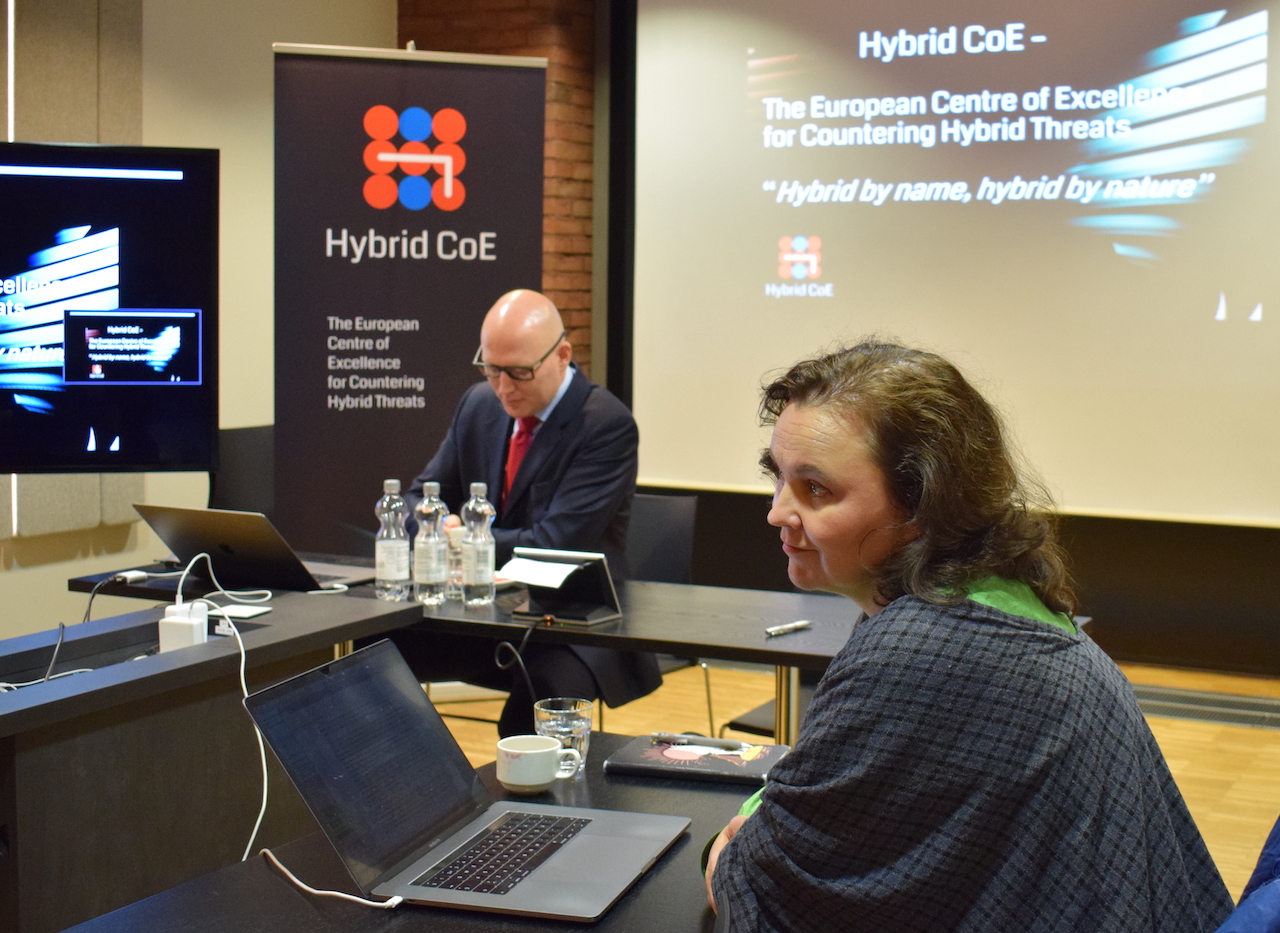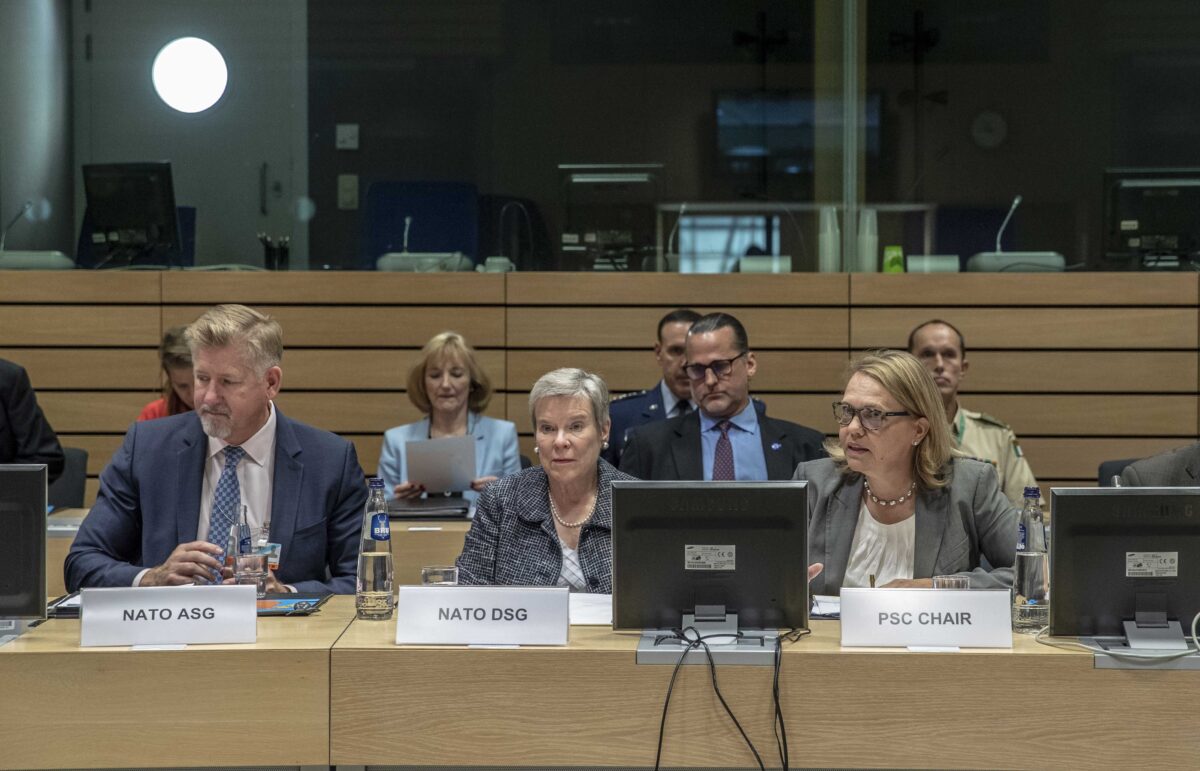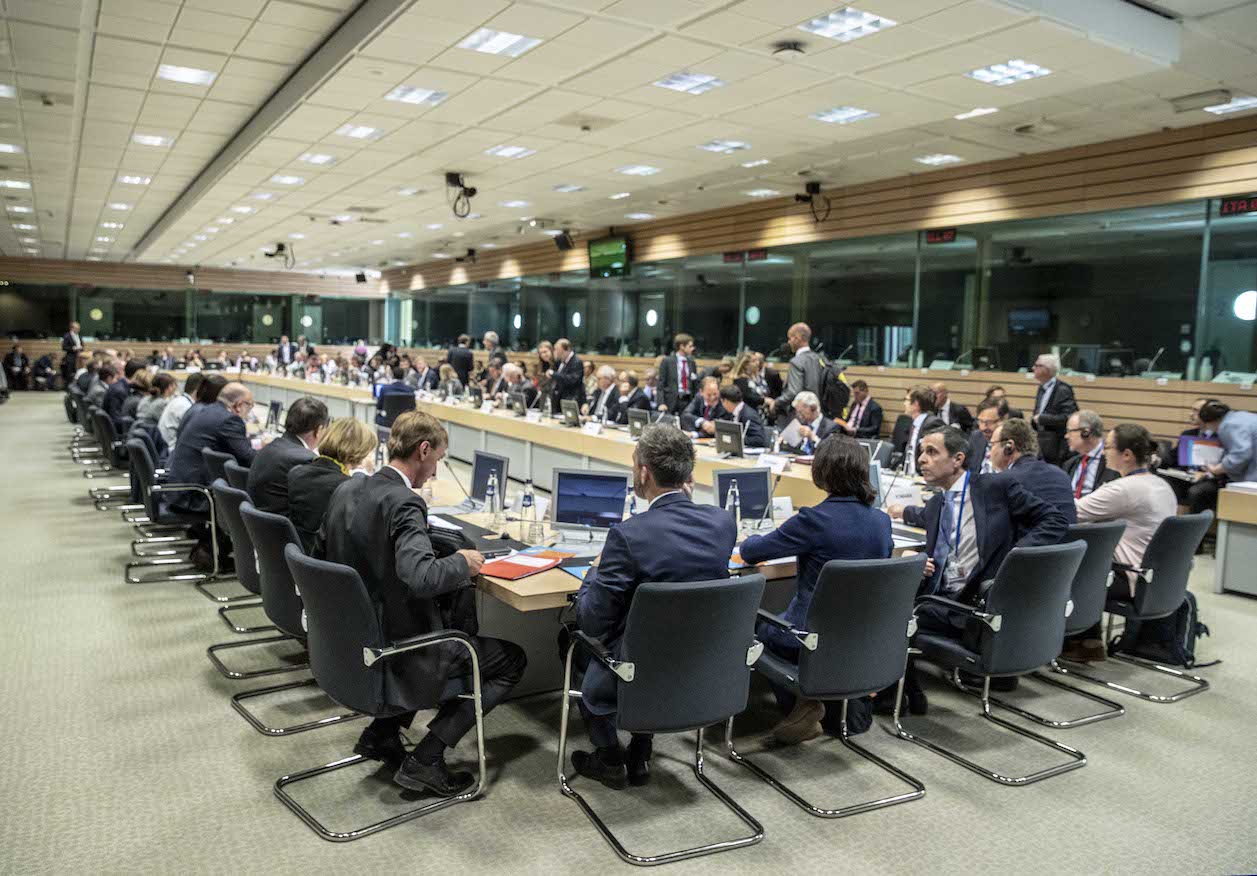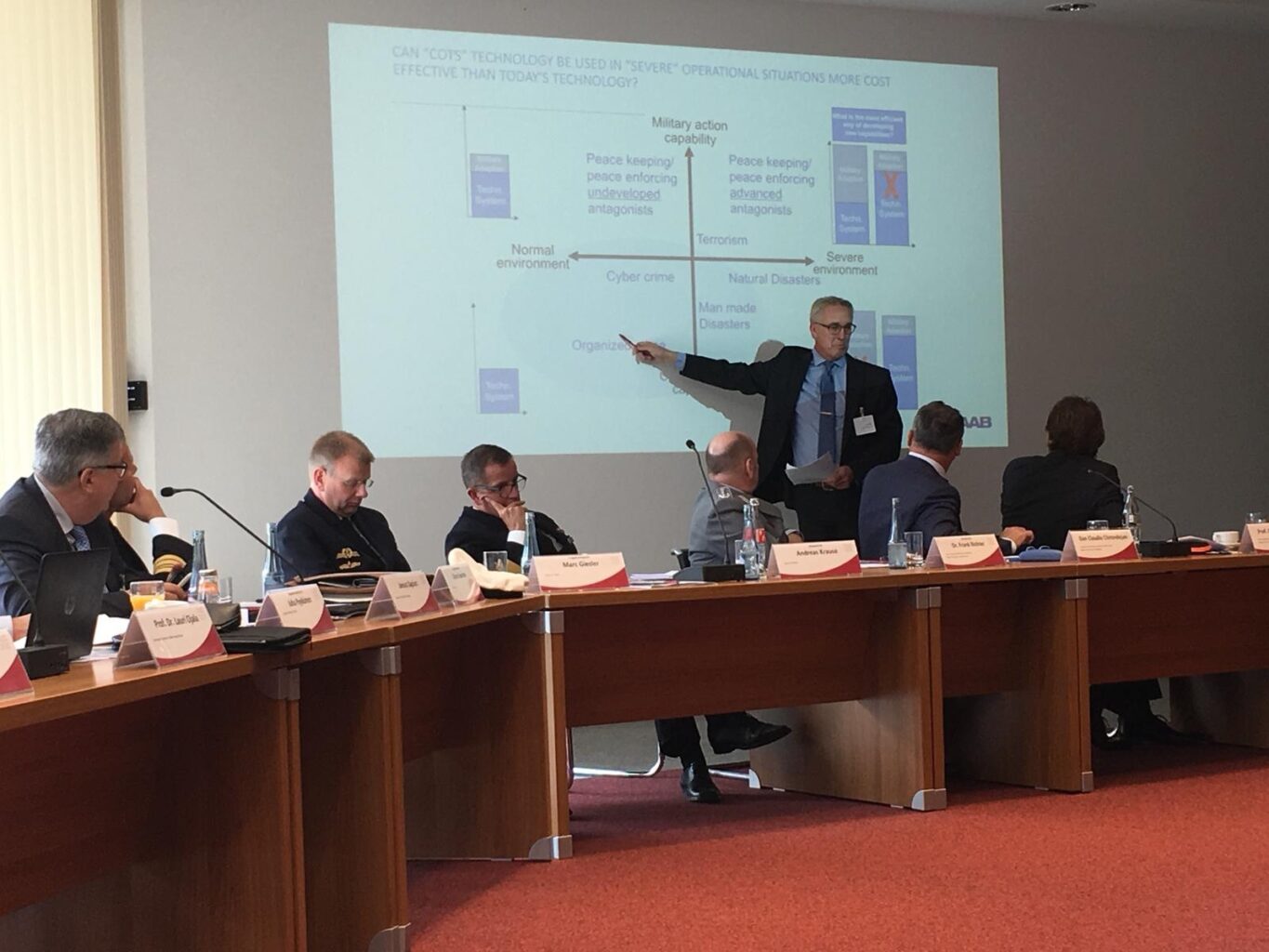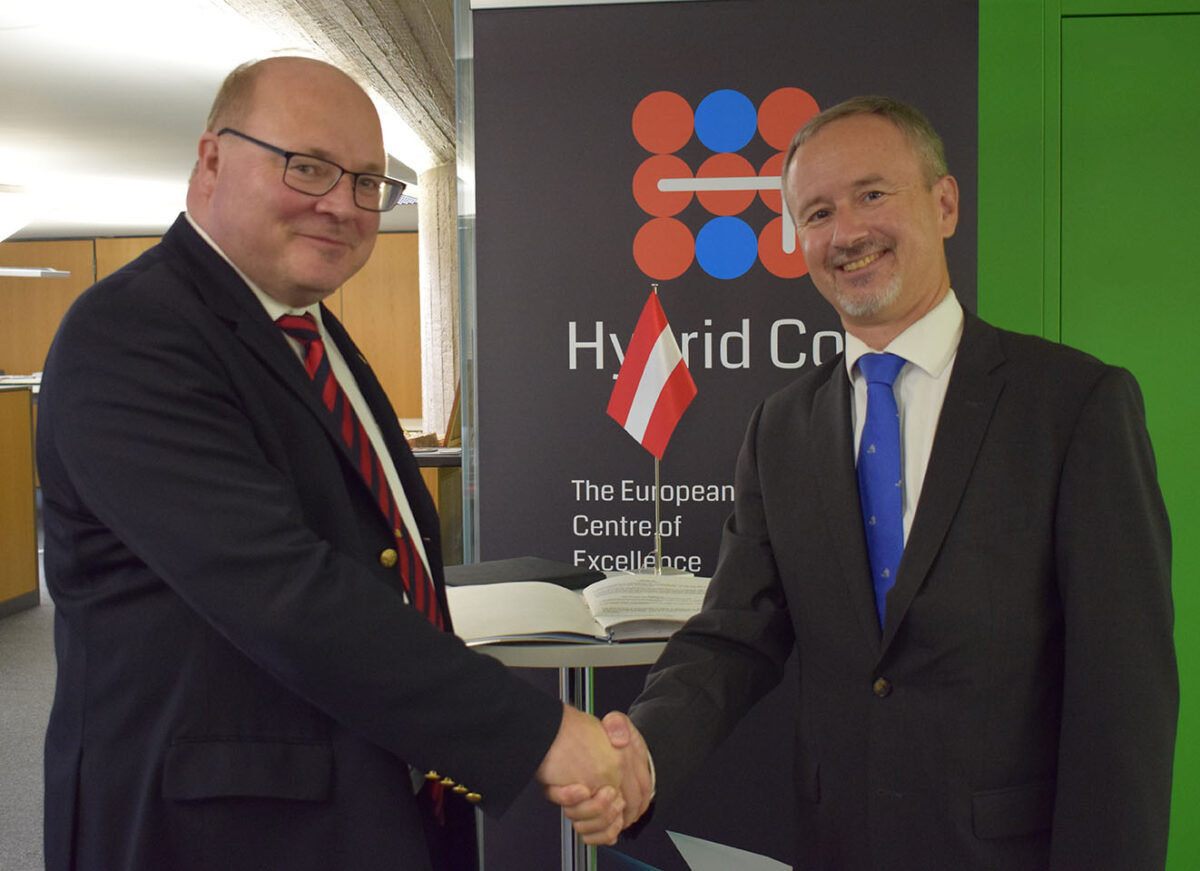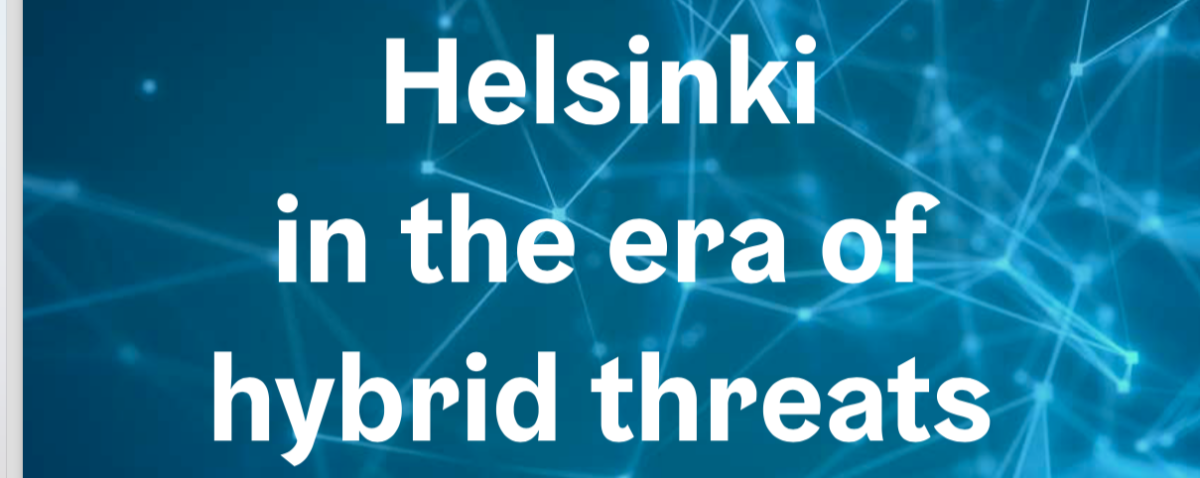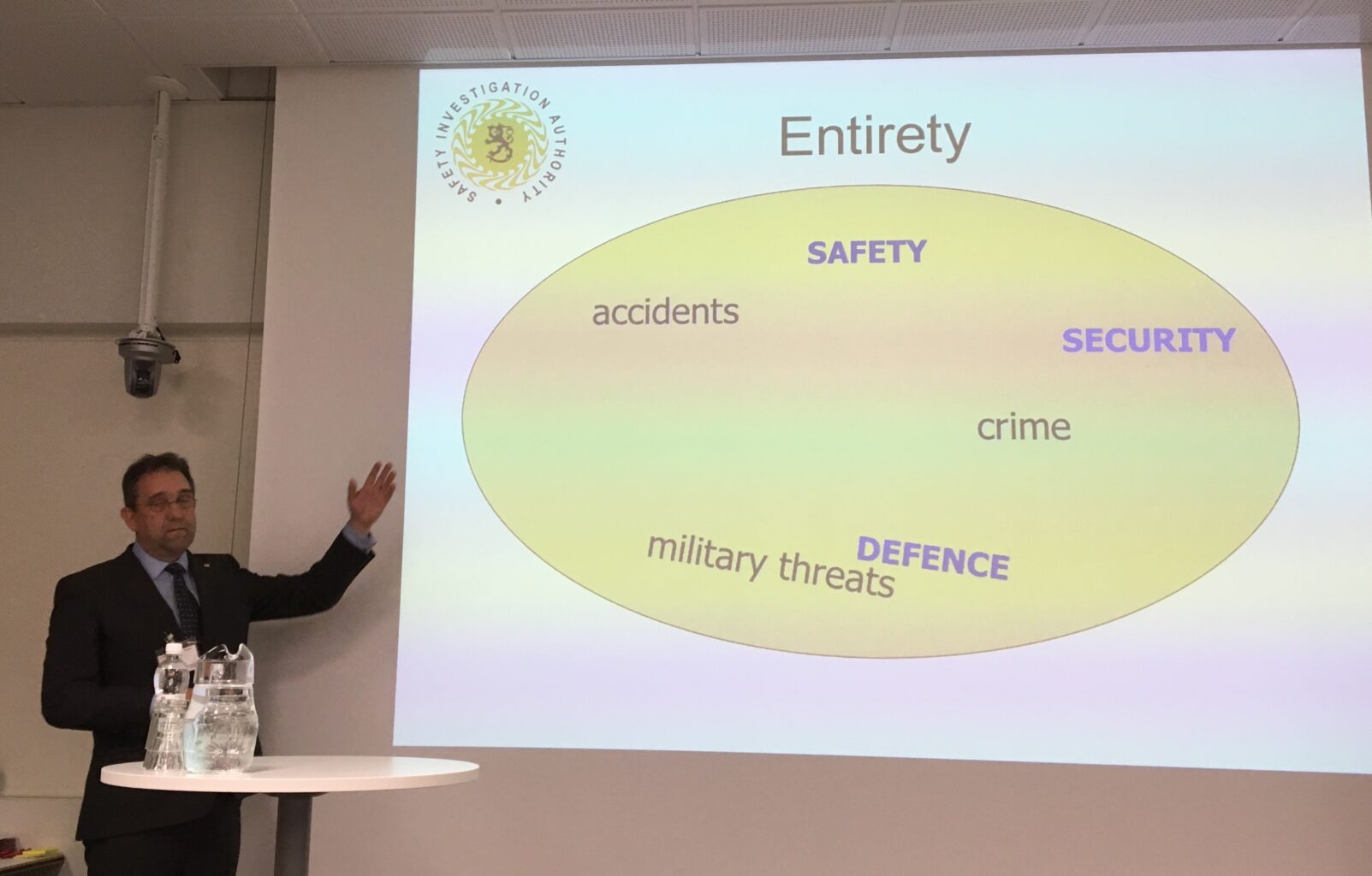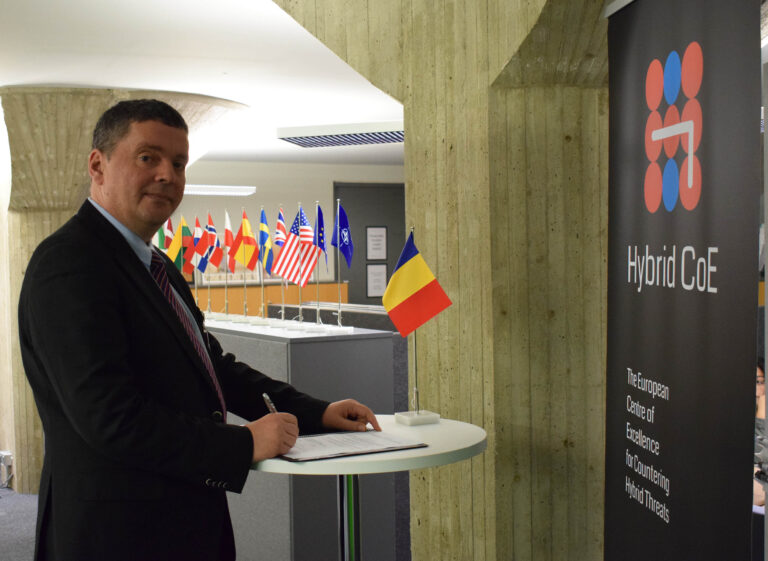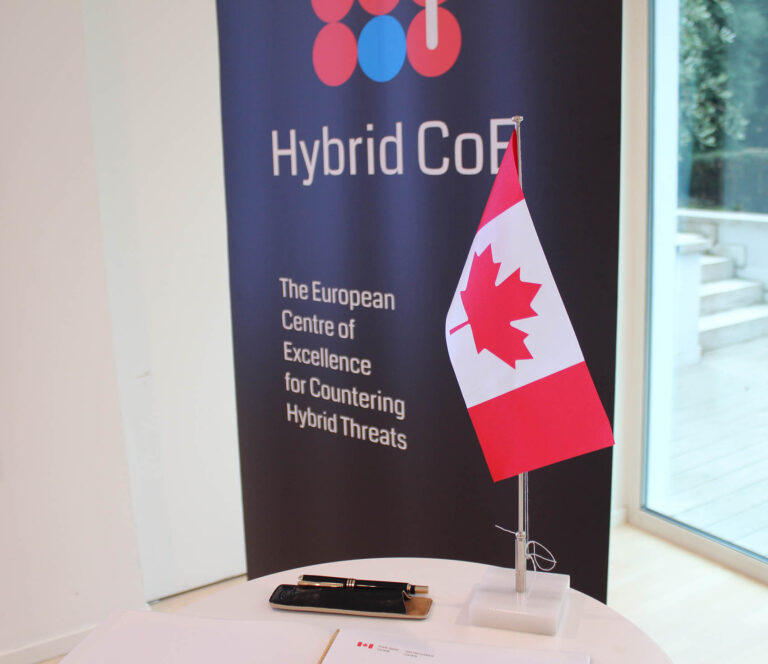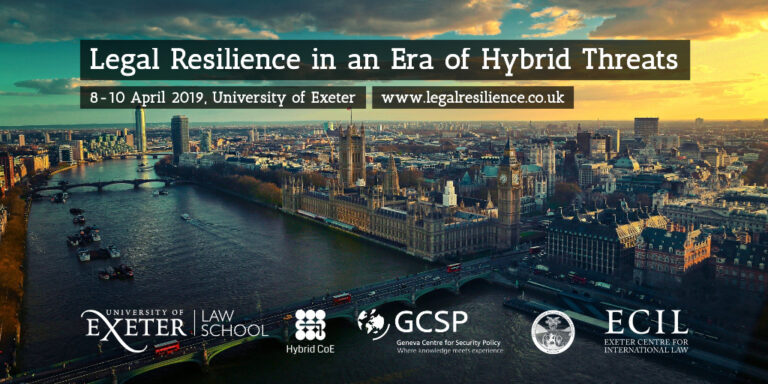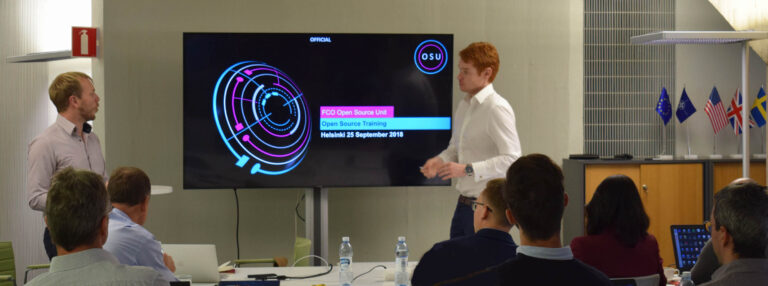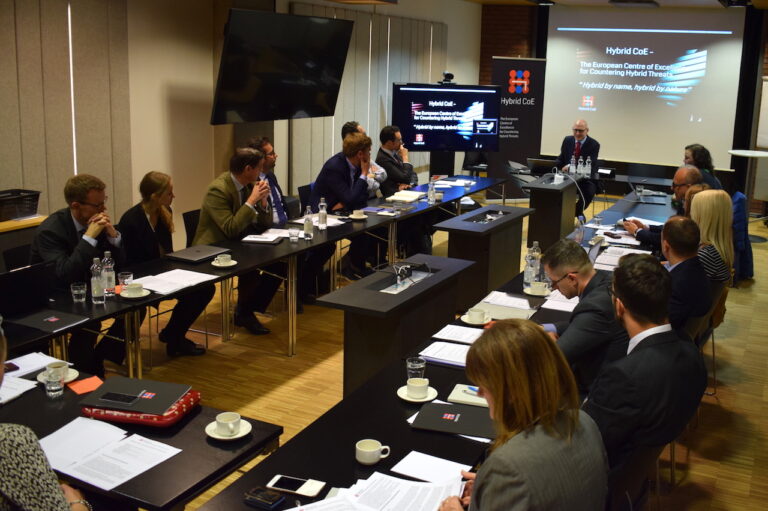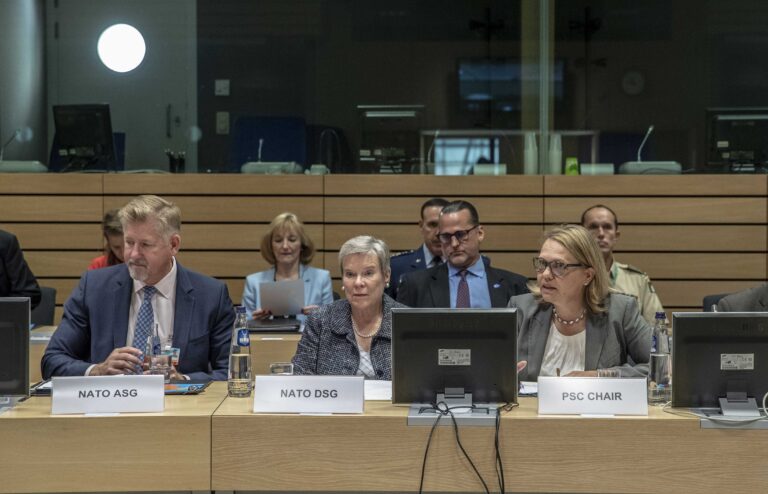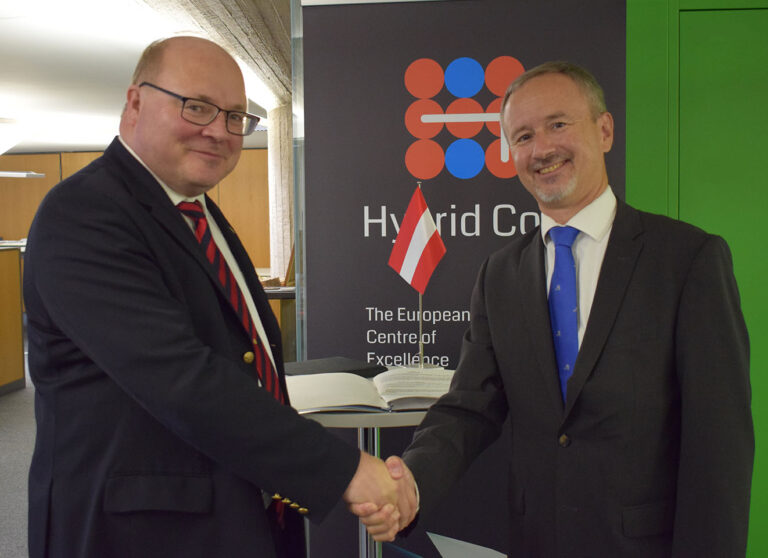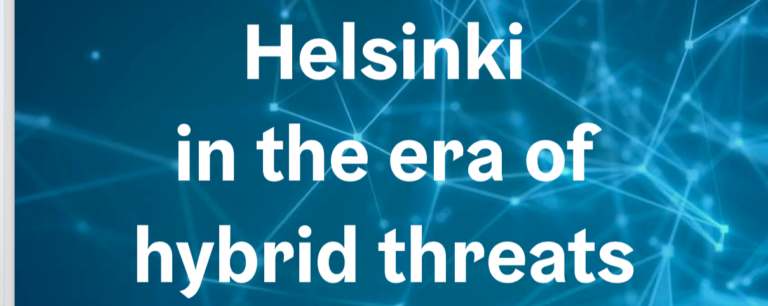H.E. Mr. Răzvan Rotundu, Ambassador of Romania to Finland, this afternoon signed a notification regarding participation in the Memorandum of Understanding on the European Centre of Excellence for Countering Hybrid Threats (Hybrid CoE), making Romania officially a member state at the Centre.
“Hybrid CoE is pleased to welcome Romania to join us as the 19th participating state, and is happy to see the European hybrid family expanding. We are looking forward to sharing experiences and best practices, particularly on the Black Sea region. Romania’s know-how and special regional focus contribute greatly to Hybrid CoE’s activities”, said Matti Saarelainen, Director of Hybrid CoE.
Ambassador Rotundu stated that “For Romania, fighting the hybrid threats is extremely important, given the geostrategic position in a region with high security dynamics.” Moreover, in the context of Romania readying to take over the Presidency of the Council of the European Union, our country’s accession to the Centre represents an active contribution to advancing this theme within the EU, offering supplementary possibilities to structure a comprehensive and coordinated approach.”
The other participating states of the Centre are Austria, Canada, the Czech Republic, Denmark, Estonia, Finland, France, Germany, Italy, Latvia, Lithuania, Norway, Poland, Spain, Sweden, the Netherlands, the UK, and the US.

